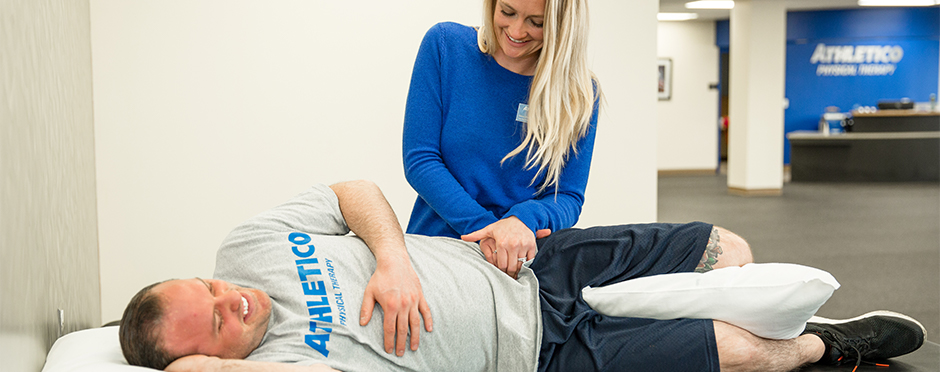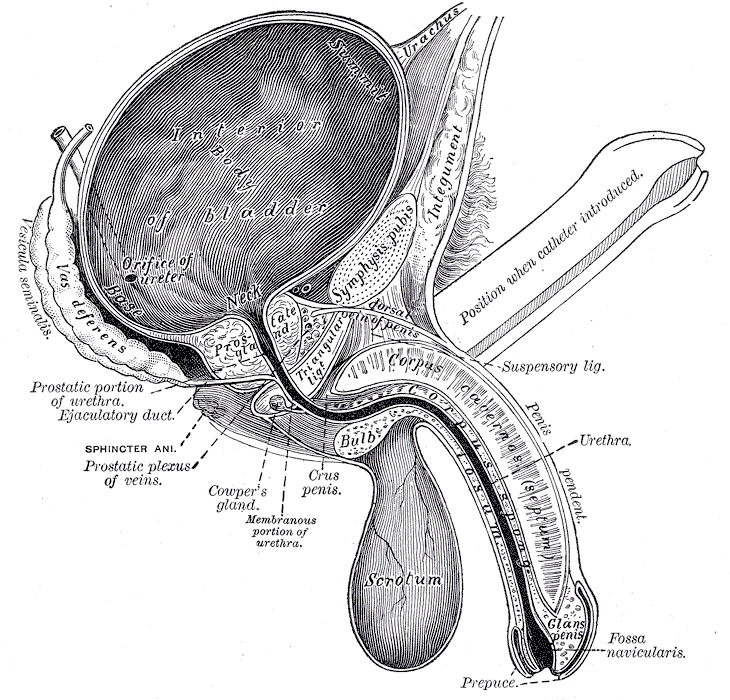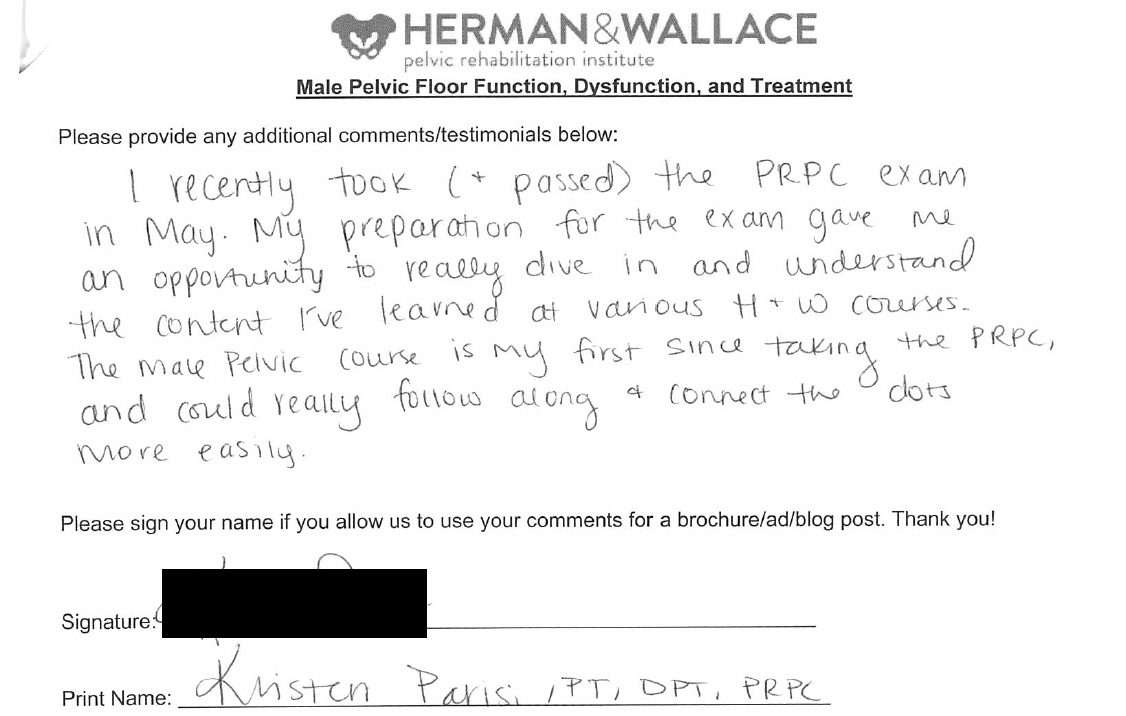Pelvic floor muscles will be specifically evaluated as well as they are an essential part of the physical therapy diagnostic process.
Male pelvic floor physical therapy exam.
Pelvic floor physical therapy is usually prescribed for women who after a few pregnancies tend to leak urine.
It is performed to look at the muscles and connective tissue in the pelvic floor.
The physical therapist will perform a thorough musculoskeletal examination.
Pelvic floor exams should be standard of care it is our goal here at sarton pt that one day a pelvic floor muscular exam will be standard of care and occur as a standard procedure with every annual physical exam.
But men can leak too especially after surgery for prostate cancer.
This can be through the vagina in the female or the rectum in the male.
Get treatment for pelvic floor dysfunction using our directory to find a pelvic rehab physical therapist pt nurse practitioner arnp occupational therapist ot doctor md or other pelvic rehab practitioners.
Strength muscle imbalances.
Because of the location of the pelvic floor muscles the best way to assess and treat them is to work internally.
The internal examination of the male pelvic floor via the anus is assessing many of the same things as with a woman.
Lastly your physical examination may include an internal and external examination of your pelvic floor.
Pelvic floor physical therapy or rehab can help men recover from incontinence after prostate surgery and from pelvic pain.
An extensive medical history and physical exam reveals whether poor posture faulty biomechanics tight muscles trigger points weakness or nerve disorders are part of your problem.
Patient education of diagnosis and plan of care.
Physical therapy specific to the pelvic floor muscles can provide relief.
Pelvic floor exam may include a inter rectal assessment if needed.
The pt will then explain to you how physical therapy can help and why an internal examination is important for assessment and treatment.
The exam may include.
Internal vaginal or rectal examination is different than a pelvic or prostate exam done by physician.
It helps us determine whether your pelvic floor muscles are tight or weak and if you know how to use them correctly.
The physical therapist will palpate the pelvic floor muscle layers internally using her finger and assess length tension ability to contract relax as well as map out pain internally.
This part of our physical exam gives us a ton of information.
The exam is done with a gloved finger placed in the vaginal or rectal canal.
This will include a medical history related to the current condition.









